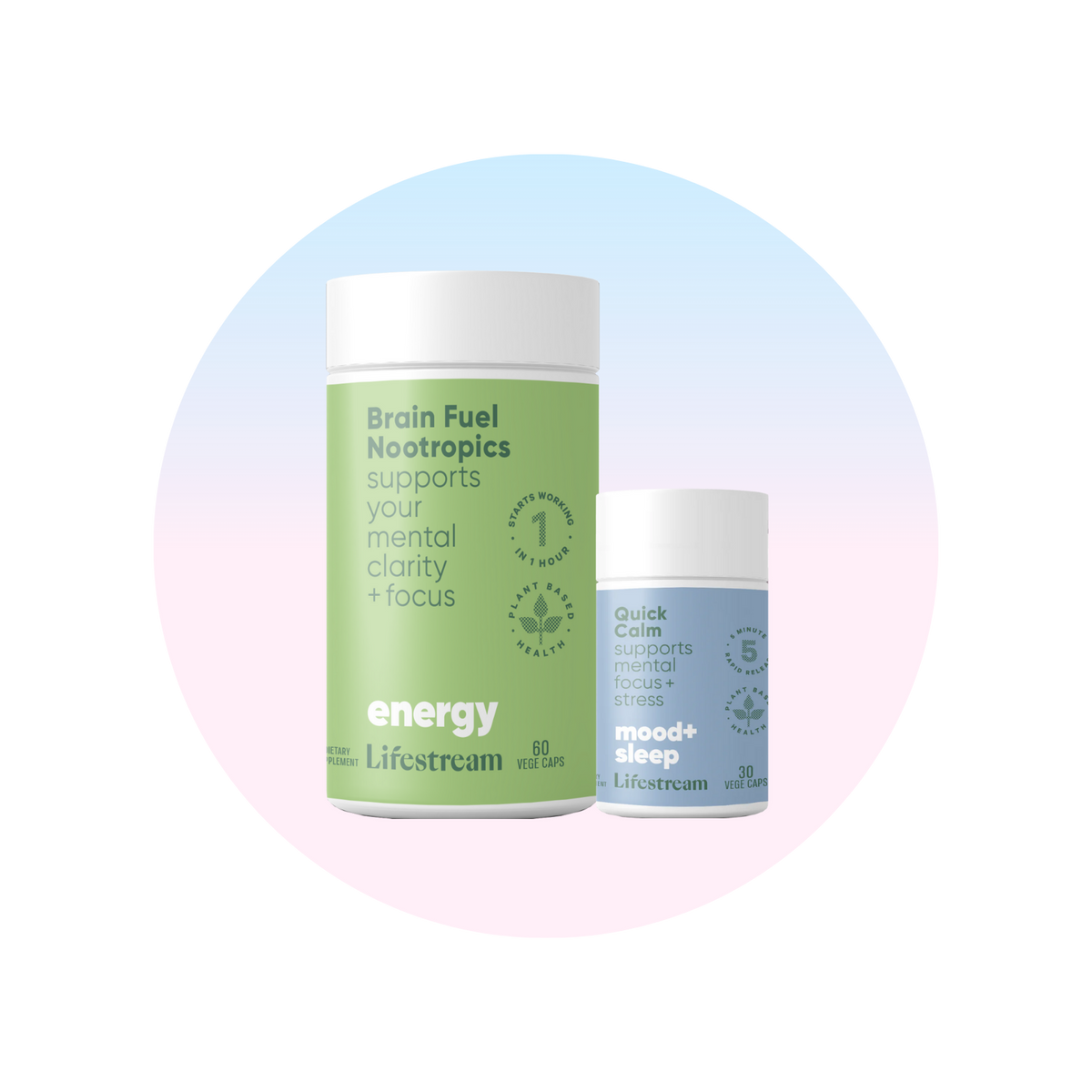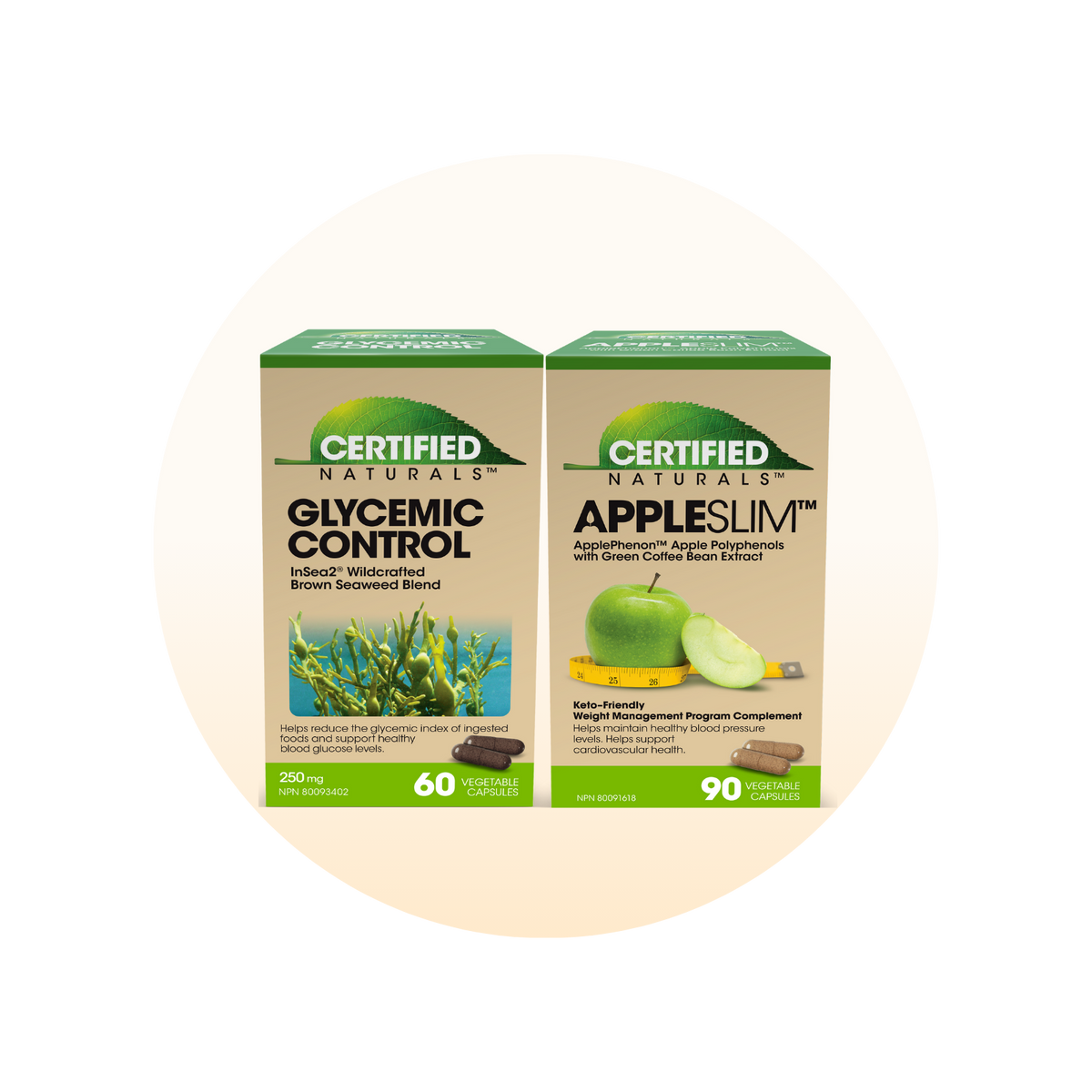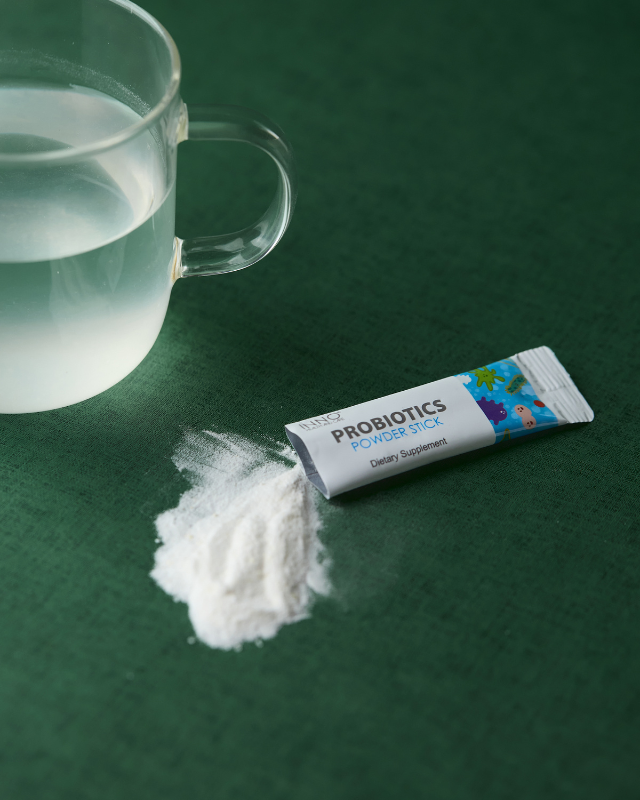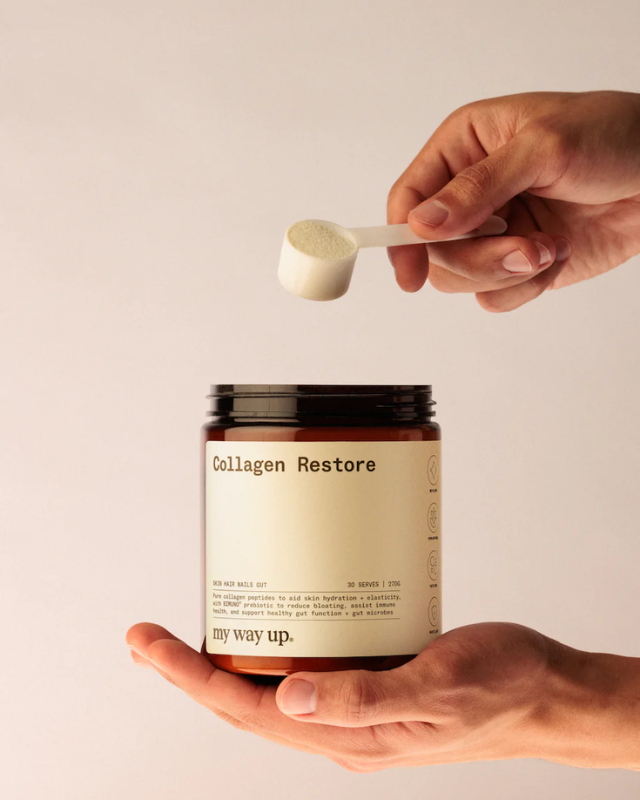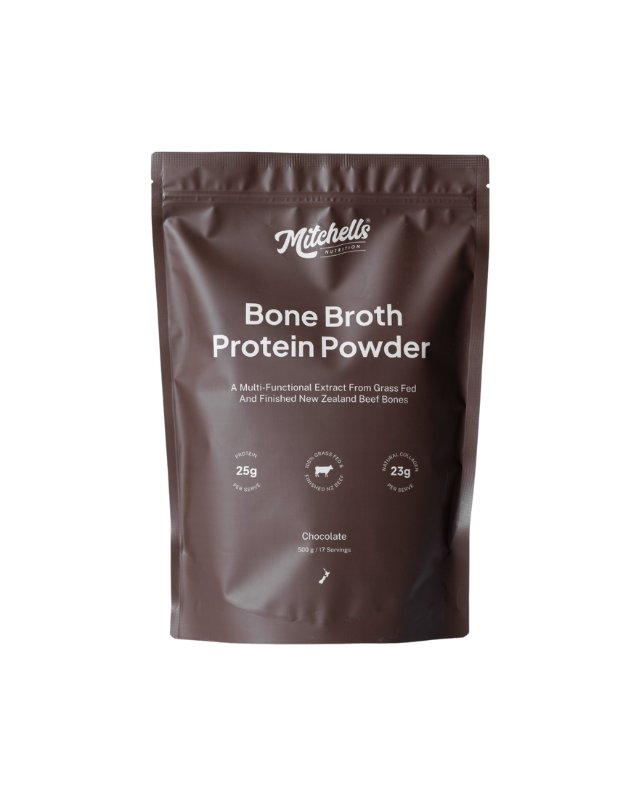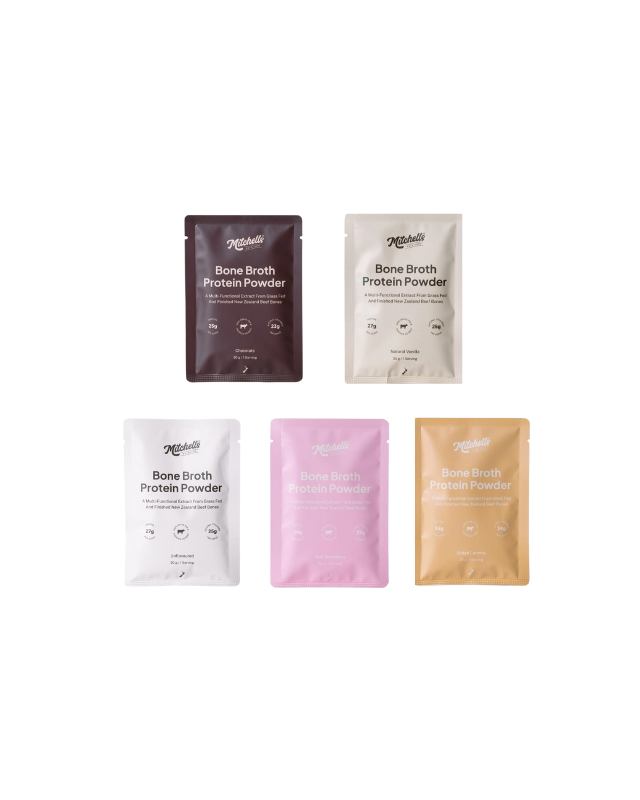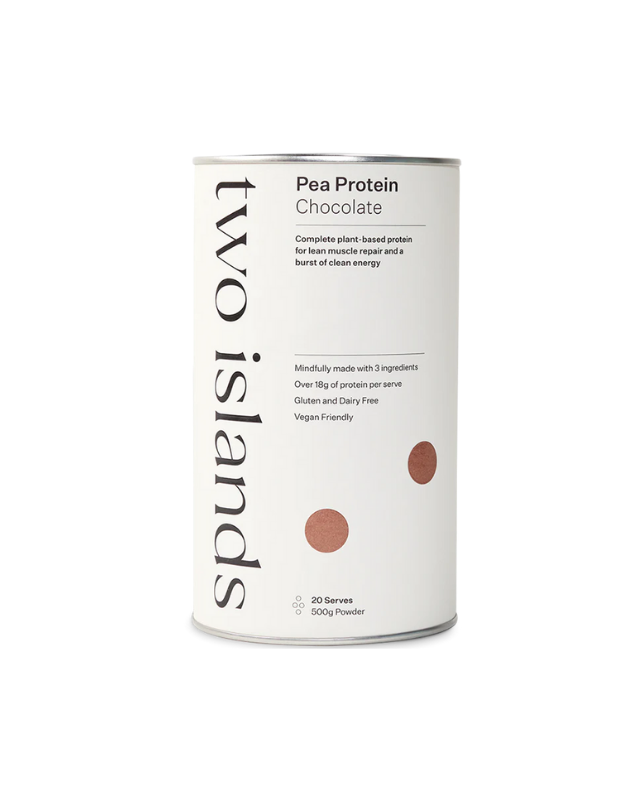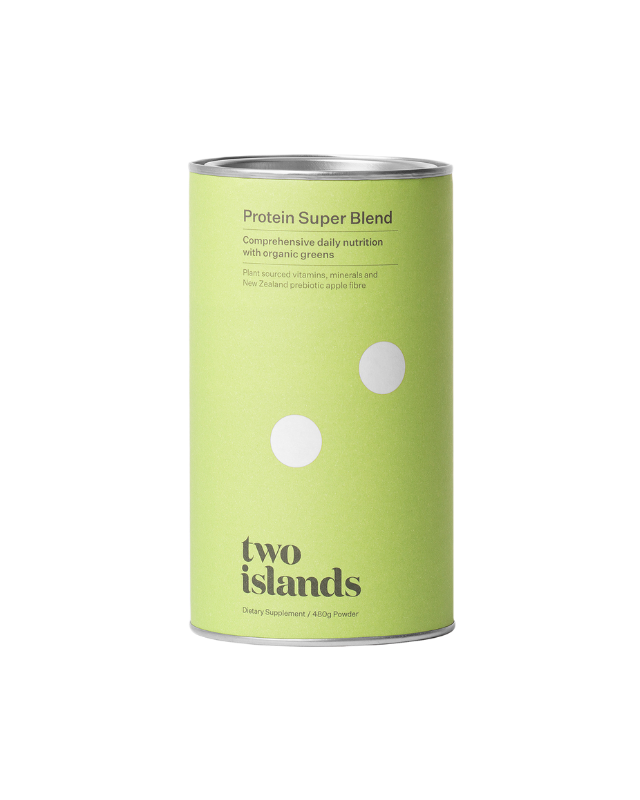In the realm of nutrition, few macronutrients hold as much importance and fascination as protein. It's not just about bulking up at the gym; protein plays a crucial role in sustaining a healthy body and mind. Let's dive into the depths of this essential nutrient and explore why it should be a cornerstone of your diet.
Understanding the Basics
Proteins are the building blocks of life, essential for the growth, repair, and maintenance of tissues in our bodies. They are not just about muscles; they play vital roles in the creation of enzymes, hormones, and neurotransmitters that keep our bodies functioning optimally.
Sources of Protein
Protein comes in various forms and is available across a wide range of both animal and plant-based sources. Here are some excellent protein sources to consider incorporating into your diet:
-
Animal-based proteins: Include lean meats, dairy, eggs, and fish. These sources contain all essential amino acids needed by the body.
-
Plant-based proteins: Include beans, lentils, tofu, chickpeas, and quinoa. These are fantastic alternatives for vegetarians and vegans, offering not only protein but also a variety of other nutrients.
How Much Protein Do You Need?
The requirement can vary based on several factors such as age, sex, physical activity level, and overall health. A common guideline is to consume 0.8 grams of protein per kilogram of body weight. However, for those who are more active, recovering from an injury, or are elderly, the requirement might be higher.
Benefits of Incorporating Adequate Protein in Your Diet
Including sufficient protein in your diet isn't just for those looking to bulk up. Here are some of the benefits:
-
Weight Management: Protein-rich foods make you feel fuller longer, helping manage hunger and reduce snack cravings.
-
Muscle Health: It's crucial for repairing and building muscle tissue, particularly important after exercising.
-
Bone Health: Contrary to popular belief, protein benefits bone health by supporting the repair and strengthening processes.
-
Boosts Metabolism: High protein intake can increase metabolism because of the energy required to digest and metabolize it.

Protein During Pregnancy
Pregnancy is a time when protein requirements are heightened for both the parent and the baby. The FDA recommends around 70 grams of protein daily during pregnancy, emphasizing the importance of quality protein sources for optimal fetal development and maternal health.
Special Circumstances
Active individuals, older adults, and those recovering from injuries have increased protein needs. Protein can aid in preventing conditions like osteoporosis and sarcopenia, making it crucial for overall health and well-being.
Dispelling Myths
Concerns about the effects of protein on kidney function have been raised, but current evidence suggests that a reasonably high protein intake poses no adverse effects on kidney health in healthy individuals.
Final Thoughts
Protein isn't just a buzzword in the world of fitness; it's a fundamental component of a healthy diet that benefits everyone, regardless of their goals. Whether you're aiming to lose weight, build muscle, or simply maintain good health, ensuring an adequate protein intake is key to unlocking your body's full potential.
So, next time you plan your meals, remember the power of protein and its role in nourishing your body from the inside out.

